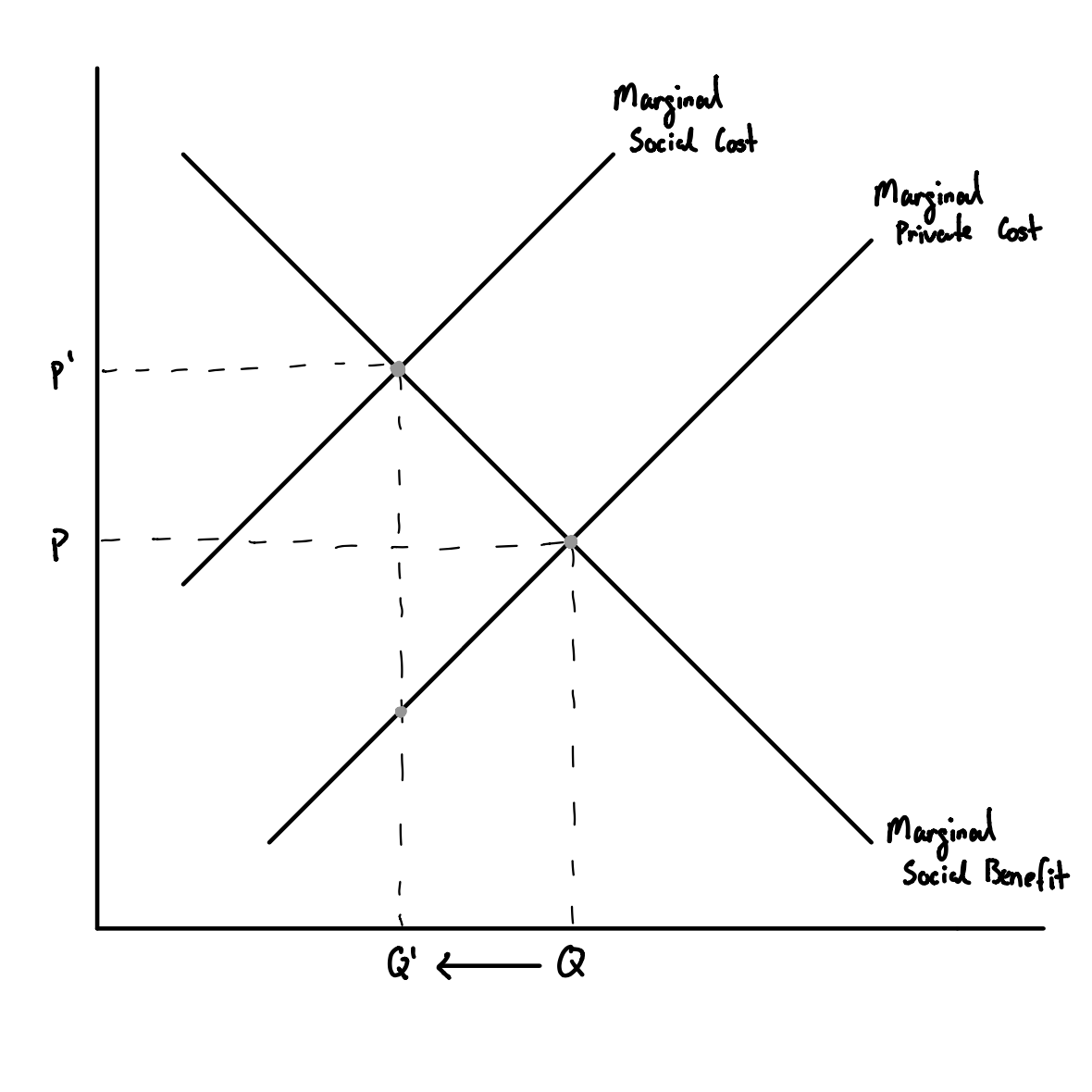

Taken as a whole, this paper articulates the need for a divergence from conventional economic theory on efficiency to a pro-social, welfare-based approach to internalization efforts. The theory of negative externality is the foundation of environmental economics. Producers can use and pollute the environment, while the cost of the. Put simply, to understand the misinformation problem is to understand its complexities, its pitfalls, and its motivations. To understand carbon taxes, you need to first understand negative externalities. Negative consumption externality: When an individuals consumption reduces the well-being of others who are not compensated by the individual. The spillover effects from the proliferation of mis- and disinformation have the potential to negatively impact the institution of democracy, civic engagement, and downstream health outcomes. It can arise either during the production or the consumption of a good or service. Private marginal cost (PMB): The direct bene t to con-sumers of consuming an additional unit of a good by the con-sumer. A negative externality (also called 'external cost' or 'external diseconomy') is an economic activity that imposes a negative effect on an unrelated third party. In the wake of events like the COVID-19 pandemic, the storming of the Capitol, and the Russian invasion of Ukraine, it’s time to start labeling misinformation for what it is: a negative externality to society. EXTERNALITY THEORY: ECONOMICS OF NEGATIVE CONSUMPTION EXTERNALITIES Negative consumption externality: When an individual’s consumption reduces the well-being of others who are not compensated by the individual.


 0 kommentar(er)
0 kommentar(er)
